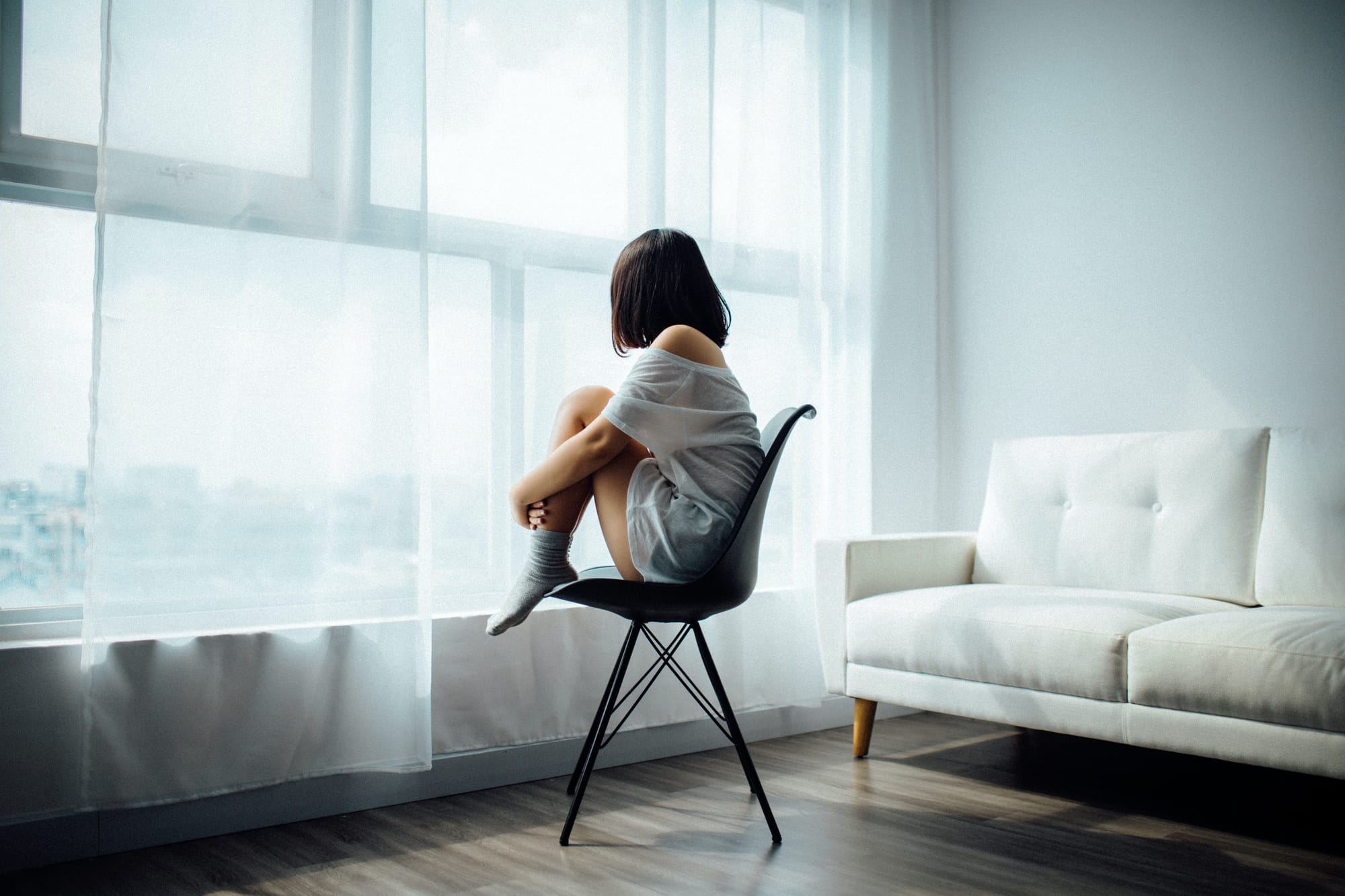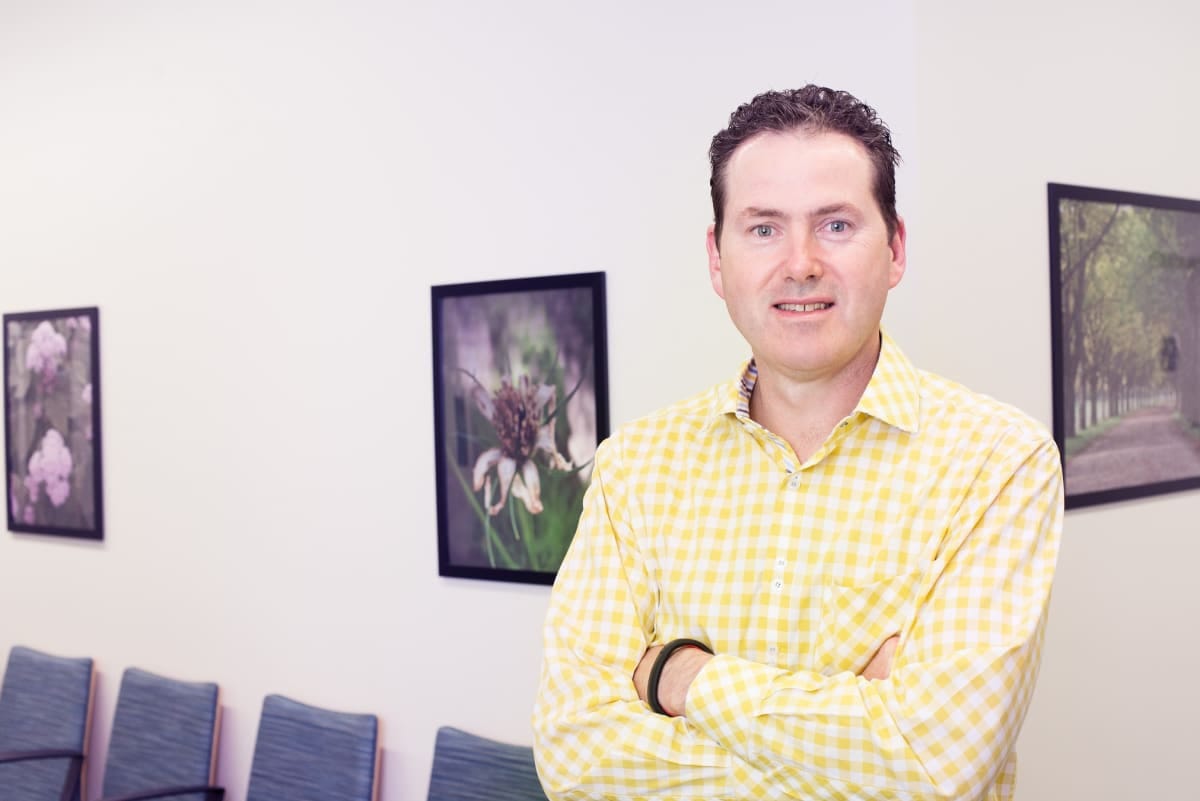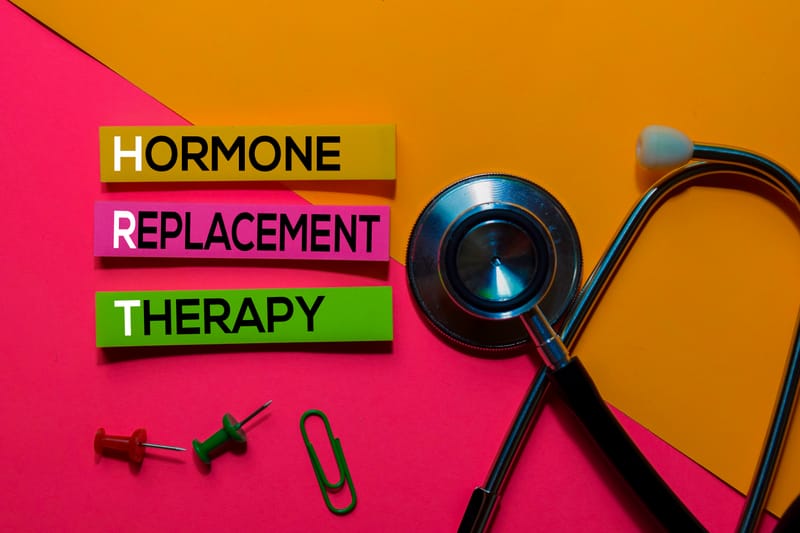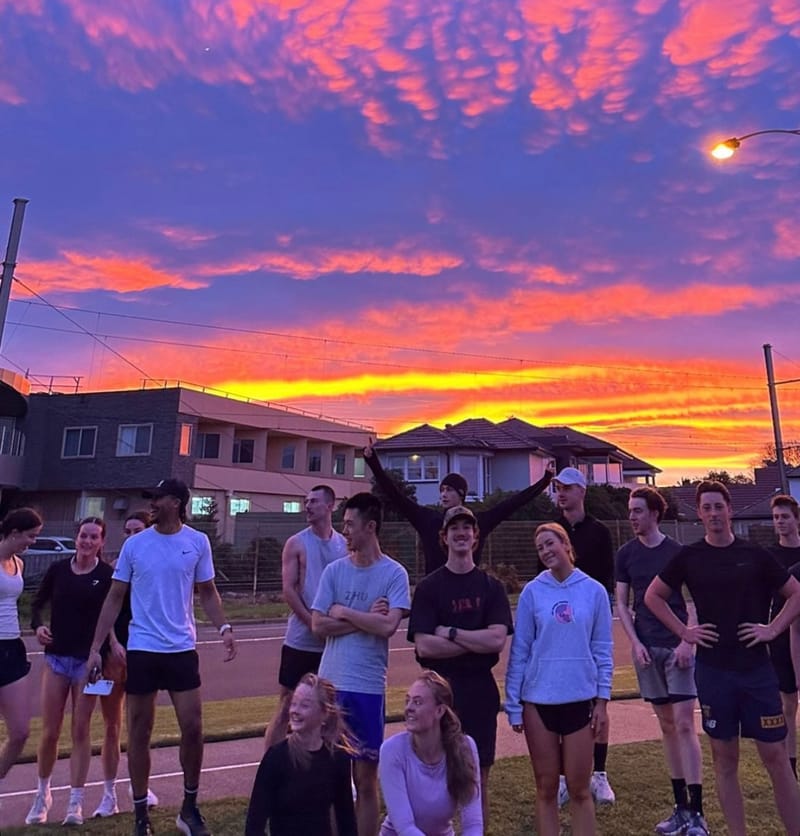Strong link between isolation and declining mental and physical health, experts say
More than one in three Australians have experienced symptoms of anxiety and other mental health conditions during the COVID-19 pandemic.

This story is part of MOJO News campaign #HearMeOut to have a Federal Minister for Suicide Prevention appointed
Please sign MOJO News’ petition to have a Federal Minister for Suicide Prevention appointed here.
BY AMANDA GUNN
The rise in poor mental health due to lockdown restrictions may correlate negatively with people’s immunity, health experts say.
Between 25 to 35 per cent of Australians have experienced symptoms of anxiety and other mental health conditions during the COVID-19 pandemic.
General physician at Camberwell Road Medical Practice, Malcolm Clark, said staying at home or wearing a mask in public does not reduce immunity.
“The amount of influenza cases has actually dropped dramatically due to good social distancing,” Dr Clark said.
However, Dr Clark said lockdown restrictions and its effects on mental health impact significantly on physical health, such as anxiety or depression causing poor sleeping habits.
“Due to isolation, people are leaving the house [less], socialising [less], and exercising less, which can hasten pre-existing or future health conditions,” he said.

Dr Clark said the effects of isolation on physical health have been particularly noticeable within the aged care sector.
Many families of individuals in aged care feel their loved ones’ symptoms for illnesses such as dementia have progressed due to “lack of human interaction”, according to Dr Clark.
Emily Levin, 77, recently took her husband Noah, who suffers from frontotemporal dementia, out of aged care for fear of a potential COVID-19 outbreak.
“This period has been very stressful and difficult, knowing he is deteriorating mentally and physically due to no social contact,” Ms Levin said.
Ms Levin said she is more at ease with her husband at home, but is struggling to provide financial support for his needs.

Fortitude Wellbeing psychologist Melissa Bell said the shift from stage three to stage four lockdown has seen increased symptoms of anxiety in Victorians.
According to Ms Bell, the coping strategies which previously “helped maintain optimal levels of wellbeing” are no longer available, exaggerating the symptoms of those with pre-existing mental health issues.
“People are struggling to get the connections they need with other people,” Ms Bell said.
She added the lack of social contact is jeopardising individuals’ immune systems by encouraging “poor sleep, less physical activity and unhealthy eating habits”.
Heightened levels of stress have also been evident in younger people.
Lauriston Girls’ School year 12 student Felicity Hu,17, said stage four restrictions have added to existing pressures on her.
She said extracurricular activities acted as an opportunity “to take a break and not think about school”, but their absence has provided additional study time.
“With all my work stuff [at home] I constantly feel as though I should be doing school work,” Ms Hu said.
Dr Clark advises Victorians to remember the “importance of kindness” and to “put others first, be patient and tolerant” in support of those with mental illness.
LIFELINE: 131114





